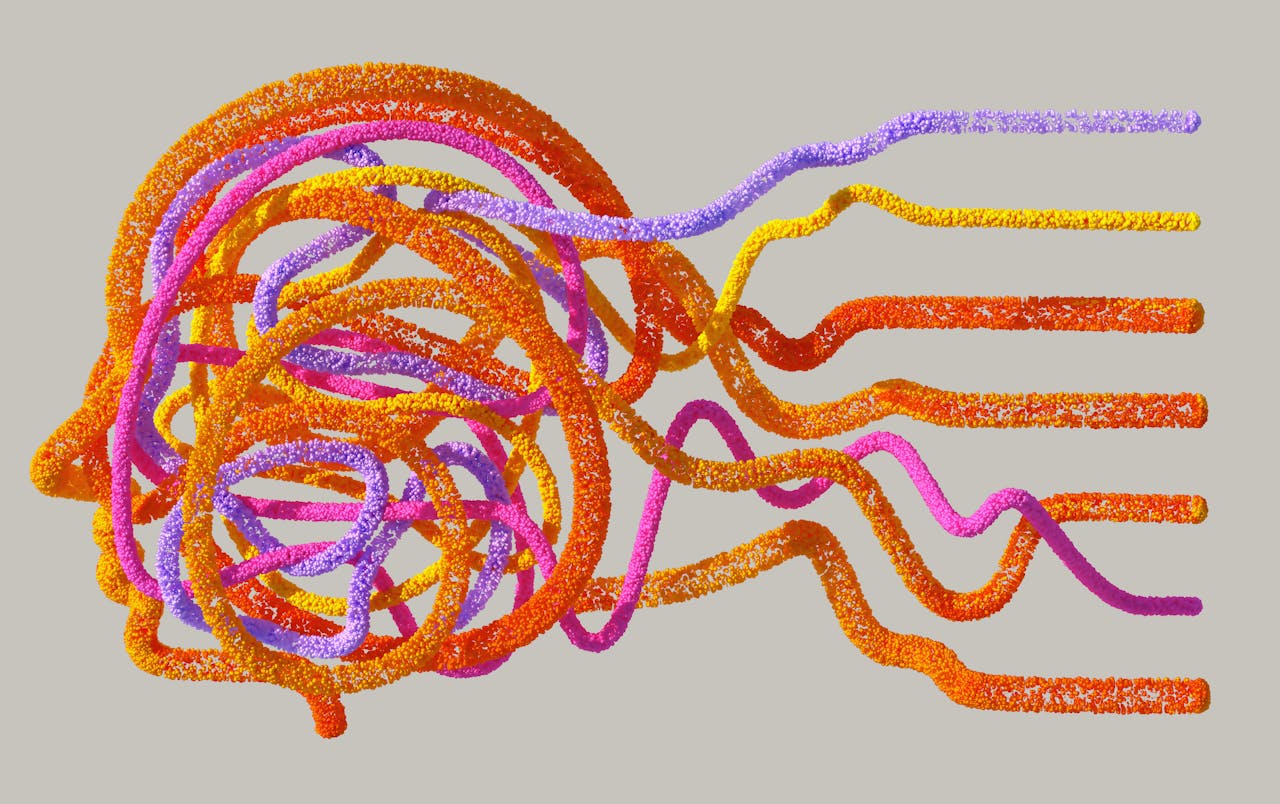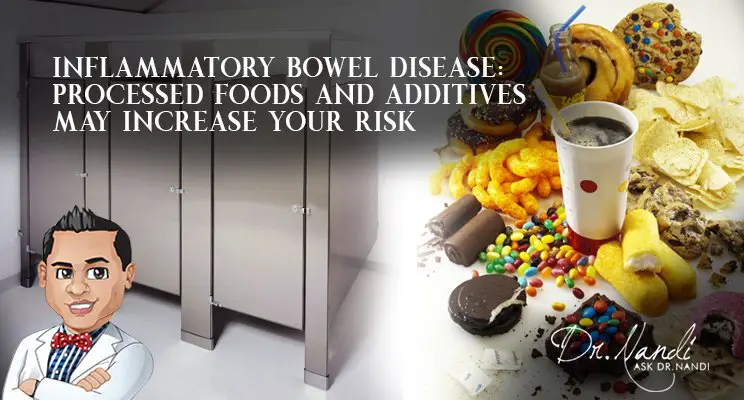It’s remarkable to consider how your brain influences your body. We used to believe our bodies worked in separate ways. New science shows a surprising truth. Your brain signals can rapidly alter your gut bacteria.
Just how fast do these changes happen? We’re talking about a couple of hours! This rapid connection between your mind and your digestion affects many aspects. Consider your mood and how well you recall things.
Your Brain and Gut Are in Constant Conversation
For years, scientists have recognized the gut-brain axis, a complex, two-way communication system between the central nervous system and the trillions of microbes living in your digestive tract. Most of the research has focused on how gut microbes influence the brain, showing links to mood, cognition, and neurological conditions like anxiety and depression.
The gut microbiome, comprising bacteria, fungi, and viruses, produces neuroactive compounds such as serotonin, dopamine, and GABA, which can impact brain function. This connection has helped explain why gut health is so closely tied to mental well-being and why disruptions in the microbiome are often observed in people with neuropsychiatric disorders.
Until recently, however, the reverse idea that the brain can directly alter the gut microbiome was more speculative than proven. Researchers knew that stress, emotions, and neurological conditions could influence digestion and gut function, but whether the brain could actually change the microbial landscape itself remained a mystery.
That’s what makes the latest findings so striking: the brain doesn’t just respond to the gut. It appears to instruct it. And it can do so rapidly. The implications for how we study—and treat—gut health are enormous.
Your Brain Can Reshape Gut Bacteria in Just 2 Hours
In a groundbreaking study led by Marc Claret at the August Pi i Sunyer Biomedical Research Institute in Spain, researchers discovered that activating specific brain neurons in mice could change the gut microbiome within a matter of hours. Using a technique called chemogenetics, the team targeted neurons in the hypothalamus responsible for hunger regulation and tracked how this brain activation affected microbial populations throughout the digestive tract.
The results were startling: within just two hours, mice showed a significant shift in their gut microbiota. In the duodenum—the first part of the small intestine—microbial diversity increased fivefold compared to control mice. When the same neurons were inhibited instead of activated, different shifts occurred—some bacterial populations dropped by over 99%, particularly in the middle and lower parts of the small intestine.

To confirm the effect wasn’t unique to chemogenetic activation, the team also introduced appetite-related hormones directly into the mice’s brains. Once again, the composition of gut bacteria changed substantially within 2 to 4 hours, depending on the gut region sampled. This rapid response was unexpected, even among microbiome researchers.
The findings suggest that the brain can quickly and precisely send signals to the gut that reshape which microbes thrive or decline. The reason? While it’s not entirely clear yet, Claret theorizes that these signals may help prepare the gut for food intake, modifying its microbial environment to optimize digestion and nutrient processing.
What This Means for You: Your Mood, Your Microbiome
For years, we’ve heard how gut health can impact mental well-being, but this new research flips the narrative. Your mental state might also be shaping your gut, moment by moment. That means stress, mood swings, and even the anticipation of a meal could all trigger changes in your microbiome, potentially affecting digestion, immunity, and inflammation.
So what’s the takeaway? First, don’t underestimate the gut-brain connection. Practices like stress reduction, mindful eating, and consistent sleep don’t just benefit your mental clarity—they may also help stabilize your gut health. Second, it challenges how we approach microbiome testing: researchers (and maybe even doctors) may need to start factoring in your mental state at the time samples are taken.
Lastly, this opens doors for new therapies. If brain signals can quickly influence gut bacteria, future treatments for digestive issues, or even mood disorders, might target the nervous system as much as the gut. It’s one more reminder that the road to health isn’t a one-way street—it’s a two-way superhighway between your head and your gut.

My Personal RX on Supporting Your Gut-Brain Connection
Your gut and brain communicate constantly through pathways that science is just beginning to understand. As someone who survived childhood illness and witnessed the body’s remarkable healing capacity, I’ve seen how gut health affects everything from mood to cognitive function. Patients often focus on treating brain symptoms while ignoring the digestive foundation that supports mental clarity. Research shows that your gut microbiome can change within hours in response to brain signals, making this connection one of the most powerful tools for enhancing both physical and mental wellness.
- Start each morning with fermented foods: Food such as yogurt, kefir, or kombucha, to introduce live probiotics that improve gut-brain communication and support serotonin production throughout the day.
- Support microbial diversity: MindBiotics chewable supplements, containing probiotics, prebiotics, and Ashwagandha KSM-66, optimize your gut-brain axis while reducing stress hormones that disrupt bacterial balance.
- Practice daily stress reduction: Meditation, deep breathing, or gentle yoga can directly reduce cortisol levels that fuel inflammatory gut bacteria and impair vagus nerve function.
- Eat fiber-rich meals using the gut-healing recipes: The Mindful Meals cookbook provides over 100 doctor-approved recipes designed to feed beneficial bacteria while reducing inflammation that disrupts brain-gut communication.
- Maintain consistent meal timing: Regular eating schedules help beneficial bacteria follow natural circadian rhythms that support optimal gut-brain signaling.
- Move your body daily: Even 20 minutes of walking stimulates vagus nerve activity and promotes bacterial species that enhance exercise motivation and mood.
- Prioritize 7-8 hours of quality sleep: Poor sleep disrupts bacterial growth cycles and reduces beneficial species that produce mood-regulating neurotransmitters.
- Limit processed foods and artificial sweeteners: These substances damage beneficial bacteria while feeding inflammatory species that send negative signals to your brain.
- Stay hydrated with filtered water: Proper hydration supports healthy gut lining and helps beneficial bacteria thrive while reducing inflammatory compounds.
- Consider probiotic supplementation after antibiotic use: Antibiotics disrupt microbiome balance, requiring targeted restoration to maintain healthy gut-brain communication.
Source:
- Toledo, M., Martínez-Martínez, S., Van Hul, M., Laudo, B., Eyre, E., Pelicaen, R., Puel, A., Altirriba, J., Gómez-Valadés, A. G., Inderhees, J., Moreno-Indias, I., Pozo, M., Chivite, I., Milà-Guasch, M., Haddad-Tóvolli, R., Obri, A., Fos-Domènech, J., Tahiri, I., Llana, S. R., . . . Claret, M. (2025). Rapid modulation of gut microbiota composition by hypothalamic circuits in mice. Nature Metabolism. https://doi.org/10.1038/s42255-025-01280-3
Featured image: Pexels











 Subscribe to Ask Dr. Nandi YouTube Channel
Subscribe to Ask Dr. Nandi YouTube Channel









